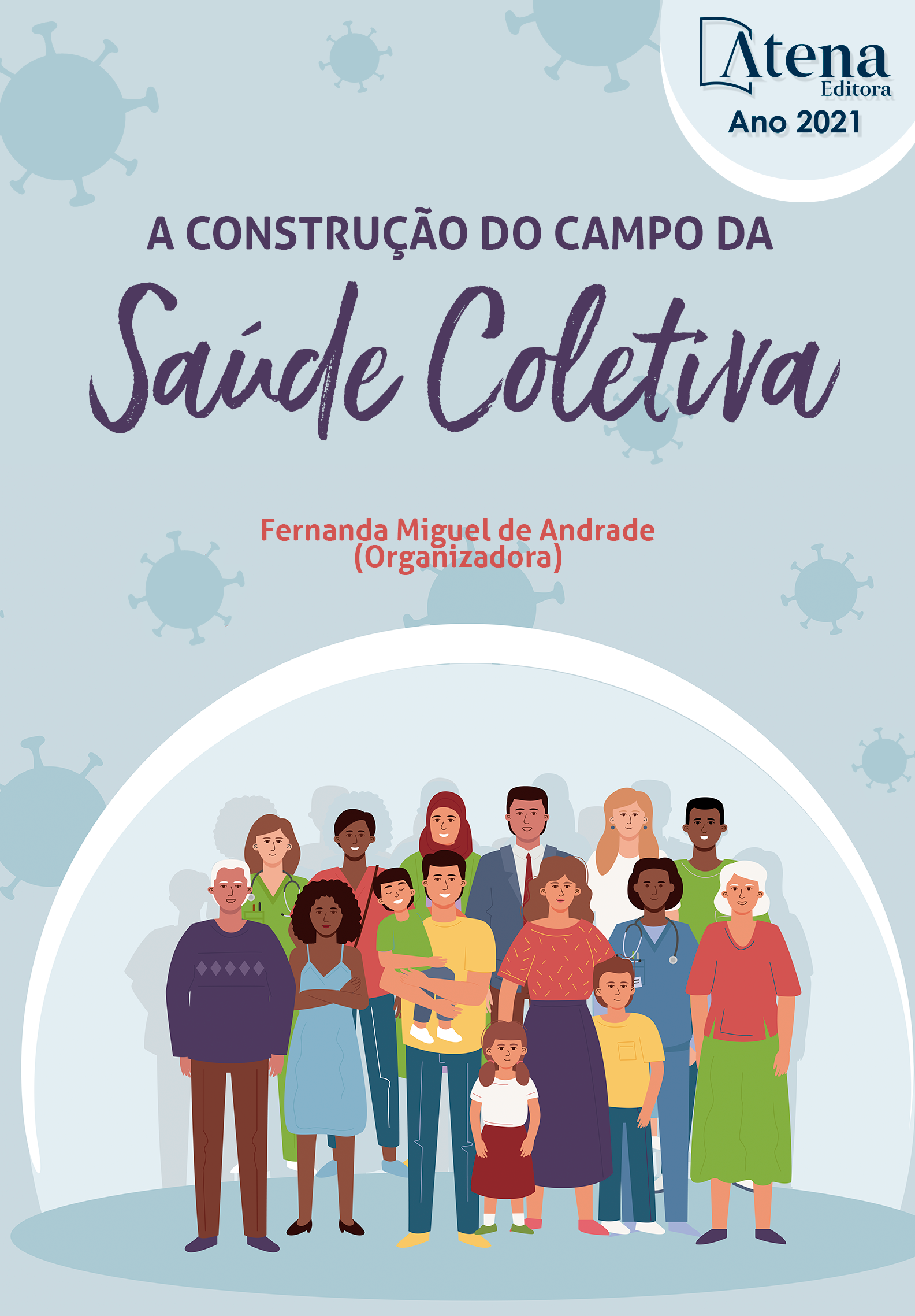
ANÁLISE DO GRAU DE CONHECIMENTO SOBRE O DIABETES E PERFIL ALIMENTAR DE PORTADORES DE DIABETES MELLITUS TIPO 2 DE UMA UNIDADE DE SAÚDE DA FAMÍLIA NO MUNICÍPIO DE CUPIRA, PERNAMBUCO, BRASIL
Objetivo: Analisar o grau de conhecimento sobre o diabetes e a frequência alimentar. Metodologia: Estudo descritivo observacional, de caráter transversal, com pacientes portadores de diabetes mellitus do tipo 2 cadastrados na Unidade de Saúde da Família, no município de Cupira-PE. Foi utilizado o Diabetes Knowledge Scale (DKN-A), o Questionário Sociodemográfico e o Questionário de Frequência Alimentar. Resultados: Foi constatado um consumo insuficiente de verduras e legumes, onde as mais consumidas semanalmente (de 1 a 3 vezes por semana) foram o tomate (54%), alface (48%), cenoura (36%) e repolho (40%). O consumo diário de frutas também foi insuficiente, sendo utilizadas semanalmente por 56% dos diabéticos. Apenas 34% têm ingestão diária de laticínios. Verificou-se, ainda, que 98% dos entrevistados, faziam uso semanal de refrigerantes comuns. Em relação ao grau de conhecimento, foi visto que 82% dos diabéticos não possuem conhecimento referente à doença. Conclusão: Há evidências da necessidade de fortalecer as estratégias de educação permanente em saúde para os profissionais possam promover um melhor planejamento e execução de ações de educação popular em saúde. Para melhorar a qualidade de vida destes indivíduos, é necessário sensibilizá-los à prática do autocuidado, na promoção de sua saúde, visando a prevenção de complicações associadas ao diabetes mellitus do tipo 2.
ANÁLISE DO GRAU DE CONHECIMENTO SOBRE O DIABETES E PERFIL ALIMENTAR DE PORTADORES DE DIABETES MELLITUS TIPO 2 DE UMA UNIDADE DE SAÚDE DA FAMÍLIA NO MUNICÍPIO DE CUPIRA, PERNAMBUCO, BRASIL
-
DOI: 10.22533/at.ed.6332117054
-
Palavras-chave: Diabetes Mellitus Tipo 2. Hábitos Alimentares. Consumo Alimentar. Autocuidado. Conhecimento.
-
Keywords: Type 2 Diabetes Mellitus. Eating habits. Food Consumption. Self-care. Knowledge.
-
Abstract:
Objective: To analyze the degree of knowledge about diabetes and food frequency. Methodology: Descriptive observational study, cross-sectional, with patients with type 2 diabetes mellitus registered at the Family Health Unit, in the municipality of Cupira-PE. The Diabetes Knowledge Scale (DKN-A), the Sociodemographic Questionnaire and the Food Frequency Questionnaire were used. Results: There was an insufficient consumption of vegetables and legumes, where most consumed weekly (1 to 3 times a week) were tomatoes (54%), lettuce (48%), carrots (36%) and cabbage (40%) The daily consumption of fruits was also insufficient, being used weekly by 56% of diabetics. Only 34% intake intake intake of dairy products. It was also found that 98% of the interviewees used regular soft drinks on a weekly basis. Regarding the degree of knowledge, it was seen that 82% of diabetics have no knowledge regarding the disease. Conclusion: There is evidence of the need to strengthen as a permanent health strategy for professionals, which can promote better planning and execution of popular health education actions. To improve their quality of life, it is necessary to sensitize them to the practice of self-care, in promoting their health, associated with the prevention of those associated with type 2 diabetes mellitus.
-
Número de páginas: 14
- Maria Viviane Alves Ferreira
- Laís Amorim Queiroga Carneiro da Cunha
- Elisa de França Luna
- Carla Maria Bezerra de Menezes5
- Andrei Felipe Loureiro do Monte Guedes
- Ana Maria Rampeloti Almeida
- Rosalva Raimundo da Silva


